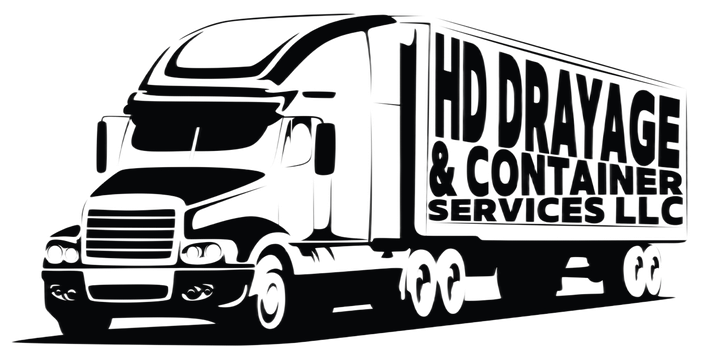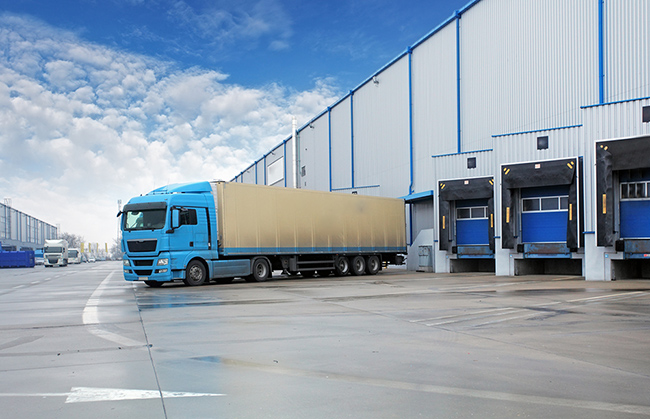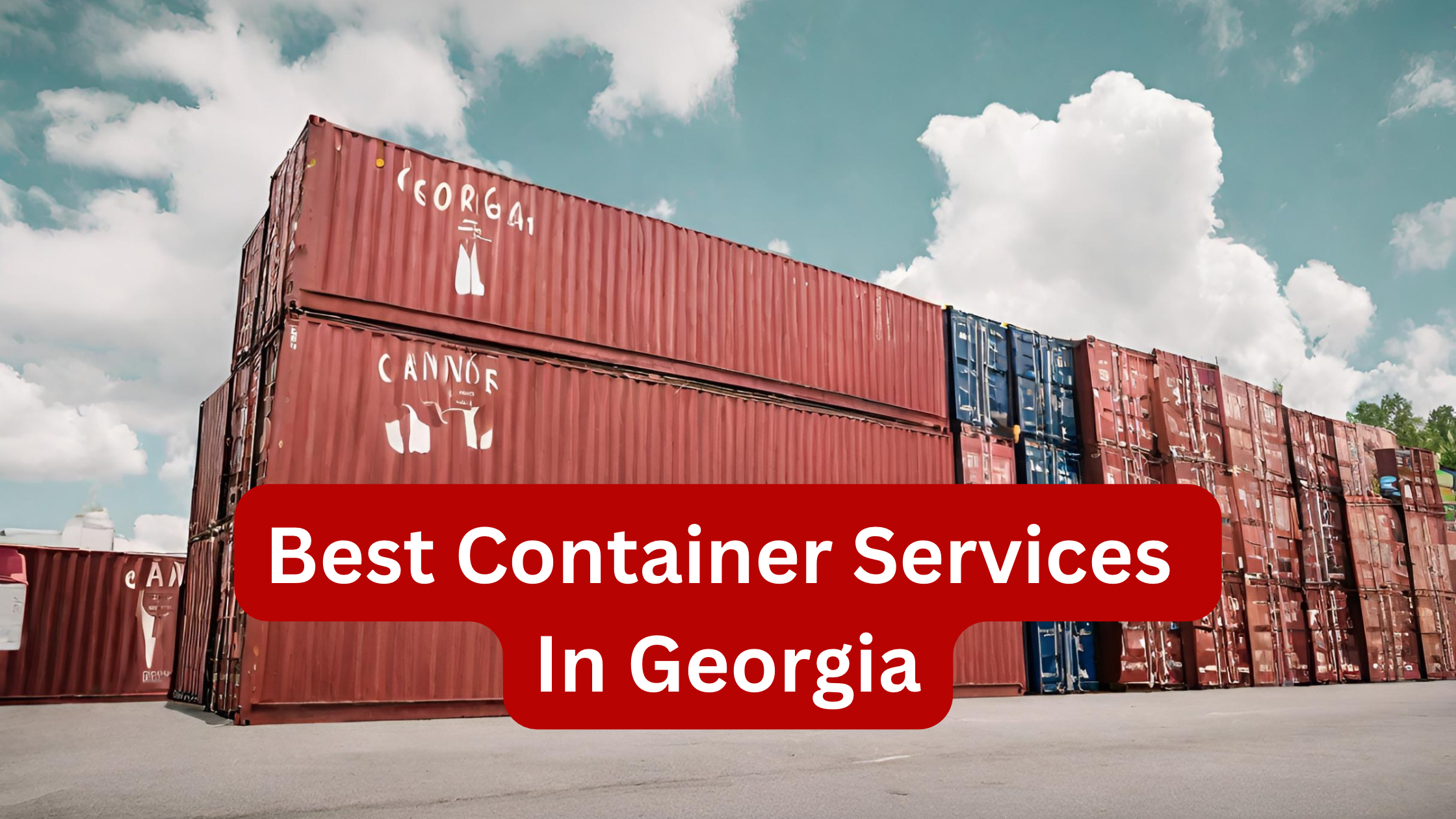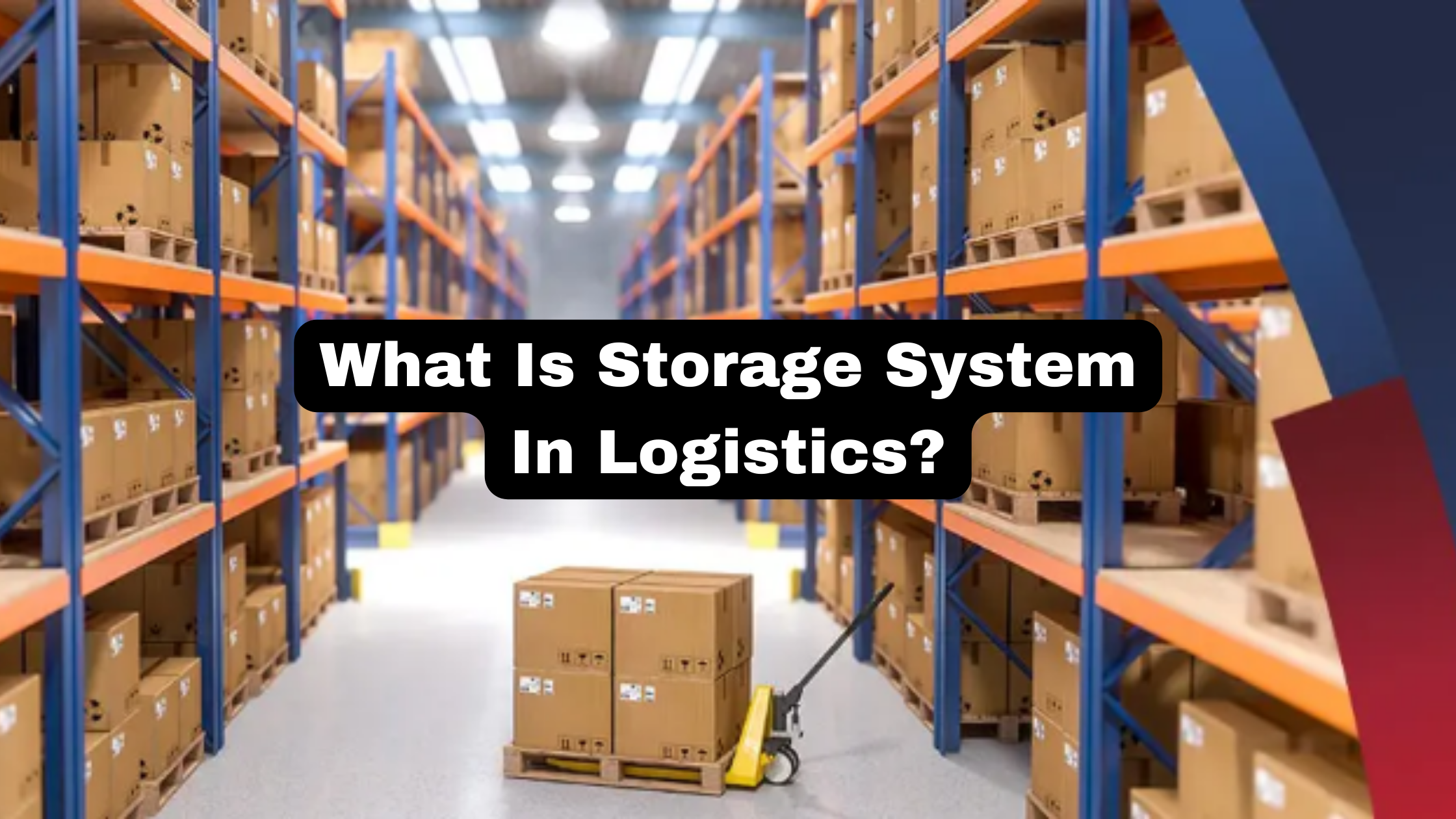International commerce is the lifeblood of the global economy in today’s linked world. The free flow of commodities across borders is critical for companies to prosper.
International truckload services, a critical component of supply chain logistics that enables the efficient transportation of products between nations and continents, are at the center of this trend.
In this article, we will dig into the complexities of international truckload services, investigating their advantages, obstacles, critical considerations, and role in allowing global trade.
Understanding International Truckload Services
Transporting a complete truckload of products across international boundaries is what international truckload services are all about. These services are frequently employed for long-distance goods that need efficient and cost-effective shipping options.
Unlike less-than-truckload (LTL) services, which combine shipments from numerous clients into a single truck, international truckload services devote a complete vehicle to a single consignment, reducing handling and transit times.
Benefits of International Truckload Services
Here’s a closer look at the benefits of hiring international truckload service provider:
- Efficiency and speed: International truckload services allow nonstop, direct transportation from origin to destination. This decreases the amount of stops and transfers, resulting in shorter transit times when compared to other modes of transportation.
- Cost-Effectiveness: International truckload services are frequently more cost-effective than LTL services for shipments that may fill a whole truck. Consolidating the consignment onto a single vehicle saves money by reducing handling and potential damage.
- Security and less handling: Using a single vehicle for transportation reduces the danger of damage and theft. The items are placed onto the truck at the point of origin and remain there until they arrive at their destination, reducing handling and possible dangers.
- Customizable Services: International truckload services can be adapted to individual shipping needs, such as temperature-controlled transportation for perishable products or specialized equipment for fragile commodities.
- Predictability: Because international freight services use dedicated trucks and efficient routing, delivery times are more predictable, allowing businesses to plan and manage their inventory more successfully.
Considerations and Challenges:
Following are a few challenges an international truckload service provider, or any business operating internationally may face:
- Regulatory Compliance: Navigating complicated customs laws, taxes, and documentation requirements is part of international shipping. It is important to comply with the legislation of other nations in order to avoid delays and penalties.
- Border Crossings: Border crossings can cause delays owing to customs inspections, paperwork, and regulatory checks. It is critical to collaborate with skilled logistics partners that understand the subtleties of border crossings.
- Route Optimisation: For international freight services, effective route planning is critical. Distance, road conditions, tolls, and time zones must all be addressed to ensure on-time deliveries.
- Language and Communication: Communicating effectively with customs officials, drivers, and other stakeholders in different nations necessitates overcoming language obstacles and cultural variations.
- Accuracy of documentation: To prevent delays and guarantee seamless border crossings, accurate and full documentation, such as bills of lading, customs forms, and shipping manifests, is essential.
Key Considerations for International Truckload Services
When you’re hiring an international truckload service company, you’re making a huge decision that will influence the operations, profitability, and sustainability of your business. These are a few things you must consider:
- Collaboration with professional suppliers: Work with professional logistics suppliers who have a track record of international shipment. They are capable of navigating regulatory difficulties, optimizing routes, and ensuring seamless operations.
- Customs Knowledge: Collaborate with partners who are familiar with customs rules and can aid in the preparation of correct and full documentation for customs clearance.
- Technology Integration: Make use of technology platforms that provide real-time shipment tracking and visibility. This assists in tracking progress, managing delays, and informing consumers about their shipments.
- Insurance: Consider purchasing cargo insurance to safeguard shipments from damage, loss, or theft while in transit.
- Contingency Planning: Prepare for unanticipated delays, border crossing challenges, or unforeseen occurrences that may harm the cargo.
Conclusion
International truckload services, which enable the efficient transportation of commodities across international boundaries, are a cornerstone of modern global trade. Their advantages in terms of efficiency, speed, cost-effectiveness, and security make them an appealing alternative for cross-border firms.
While regulatory compliance, border crossings, and paperwork correctness are all hurdles, collaborating with skilled logistics providers and employing technology can help alleviate these issues.
Understanding and utilizing the possibilities of international truckload services is critical for succeeding in the interconnected world of commerce as firms continue to expand their worldwide reach.








